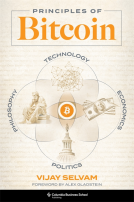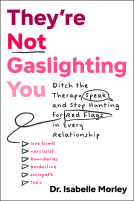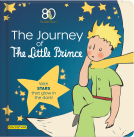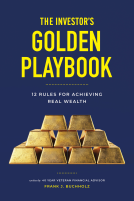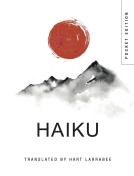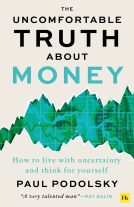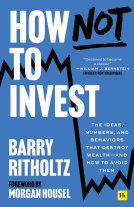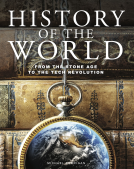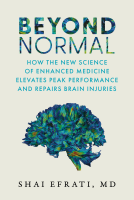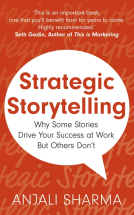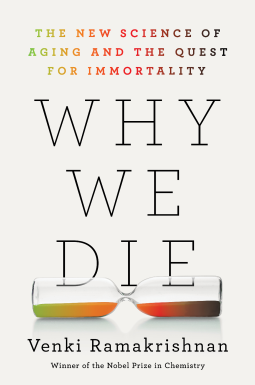
Why We Die
The New Science of Aging and the Quest for Immortality
by Venki Ramakrishnan
This title was previously available on NetGalley and is now archived.
Send NetGalley books directly to your Kindle or Kindle app
1
To read on a Kindle or Kindle app, please add kindle@netgalley.com as an approved email address to receive files in your Amazon account. Click here for step-by-step instructions.
2
Also find your Kindle email address within your Amazon account, and enter it here.
Pub Date Mar 19 2024 | Archive Date May 14 2024
Talking about this book? Use #WhyWeDie #NetGalley. More hashtag tips!
Description
"Utterly fascinating." —Bill Bryson
"An incredible journey." —Siddhartha Mukherjee
*WINNER OF THE 2025 ASSOCIATION OF AMERICAN PUBLISHERS PROSE AWARD FOR BEST BOOK ON BIOLOGY*
A groundbreaking exploration of the science of longevity and mortality—from Nobel Prize-winning molecular biologist Venki Ramakrishnan
The knowledge of death is so terrifying that we live most of our lives in denial of it. One of the most difficult moments of childhood must be when each of us first realizes that not only we but all our loved ones will die—and there is nothing we can do about it.
Or at least, there hasn’t been. Today, we are living through a revolution in biology. Giant strides are being made in understanding why we age—and why some species live longer than others. Could we eventually cheat disease and death and live for a very long time, possibly many times our current lifespan?
Venki Ramakrishnan, recipient of the Nobel Prize in Chemistry and former president of the Royal Society, takes us on a riveting journey to the frontiers of biology, asking whether we must be mortal. Covering the recent breakthroughs in scientific research, he examines the cutting edge of efforts to extend lifespan by altering our physiology. But might death serve a necessary biological purpose? What are the social and ethical costs of attempting to live forever?
Why We Die is a narrative of uncommon insight and beauty from one of our leading public intellectuals.
Available Editions
| EDITION | Other Format |
| ISBN | 9780063113275 |
| PRICE | $32.50 (USD) |
| PAGES | 304 |
Available on NetGalley
Featured Reviews
Why We Die by Dr. Ramakrishnan is an incredibly well researched and well written book on the biology of aging. I am impressed with how much information Dr. Ramakrishnan was able to include in such an understandable way in 300 pages.
The book begins with very basic cell biology and then discusses several examples of the relationship between the size of an organism and its lifespan. This is followed by a plethora of information on the key genes and cellular processes believed to be involved in aging. Dr. Ramakrishnan sites several historical scientific studies utilizing model organisms and incorporates the latest research and theories on human aging.
Importantly, Dr. Ramakrishnan covers the ethics of aging research. There are many start up biotech companies with various technologies under development and Dr. Ramakrishnan commits to taking a "hard, objective look at our current understanding of aging and death." The final chapter of the book covers the ethics of extending the human life span with particular emphasis on the challenges of extending human life span to society.
I highly recommend this book which is fascinating and very readable.
Thank you to NetGalley and William Morrow for an advanced reader copy of this book in exchange for an honest review.
BOOK REVIEW: Why We Die: The New Science of Aging and the Quest for Immortality by Venki Ramakrishnan 🔬🧬
Fun Fact: I love aging science so much, my master’s thesis was on foodborne illness incidence and recurrence among older adults. Safe to say I was stoked to find this book on netgalley and was extra excited to read once I got approved. That said, I carry a bias toward the content of this book and I have a greater interest and knowledge than the typical reader. Disclaimer aside, let’s get into it!
Venki Ramakrishnan gives insight on a phenomenon that plagues us all: death. From the biological mechanisms of death, why it happens, why our bodies are less prepared for aging compared to our early adolescent and reproductive years, to what’s being done, Ramakrishnan covers it all in digestible segments. Now more than ever, our national and global populations are growing older. That, coupled with life expectancy reaching heights doubling that of our ancestors, aging science reaches the spotlight with more funding and grants aimed at understanding why we age and what can be done to ameliorate complications associated with getting older.
I love the topic this book covers. I also love niche, bite sized nonfiction books. Why We Die spends a lot of time describing crucial biological and genetic concepts to make sense of our aging bodies and the current research being conducted. A reader with less scientific background may find those parts difficult to read and may feel bogged down by the information being presented. That information is necessary for understanding and I encourage anyone at any knowledge level to sit down with this book. We are always aging. We might as well begin to learn more about our bodies. Let’s keep learning together!
Thank you netgalley and William morrow books for the ability to read this advanced reader copy in exchange for an honest review. Why We Die is expected to release on 19 March 2024.
My rating: ⭐️⭐️⭐️⭐️
Barbara Ehrenreich said that we should "think of life as an interruption of an eternity of personal nonexistence, and seize it as a brief opportunity to observe and interact with the living, ever-surprising world around us."
Venki Ramakrishnan's book about death is fascinating and illuminating.
I love the final chapter about living forever and the pros and cons about that.
It should make those who believe in eternal life think twice.
 Reviewer 725763
Reviewer 725763
From ancient beliefs to modern scientific breakthroughs, this book explores our enduring fear of death—and the cutting-edge research on aging and longevity. Grapple with the ethical dilemmas surrounding the pursuit of radically longer lifespans, and ponder the biological purpose of mortality.
This profound and informative book is entertaining and compassionate. I worried it would be depressing, but it’s not at all. The science is fascinating, and the prose insightful.
Thanks, NetGalley, for the ARC I received. This is my honest and voluntary review.
“I AM NOT SURE THAT if we lived so much longer, we would be any more satisfied. Now that we live twice as long as we did a century ago, we still aren’t content with that entire extra life.” Both fascinating and true.
Oh my this book is like taking a deep dive into my college career and the plethora of science and lab classes I took for my degree. DNA. RNA. Cell makeup. Proteins. The molecular basis of genetics. 🧬 A light read this is not, but it is certainly well researched and very informative.
Going back centuries, Why We Die is like a research paper on the gains we’ve made and new experiments done that led to the technology and knowledge we have today. There are even visual aides to help make sense of some of the scientific information.
Does anyone remember Dolly, the first ever cloned sheep? I do! The premise was scary then and it’s scary now.
Thank you to @netgalley, @williammorrowbooks, @and the author for the ARC.
